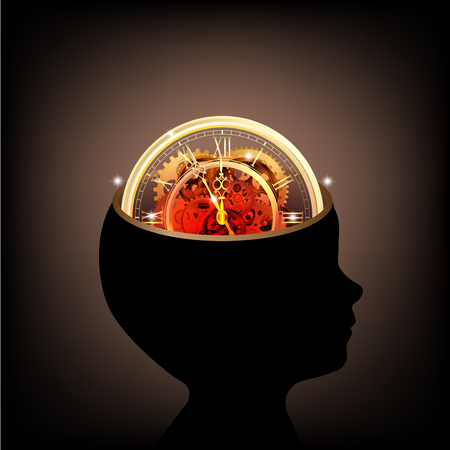Human brain has 2 internal clocks to predict the future, says study

INQUIRER.net stock photo
A new American study suggests that a human brain has evolved two internal neural clocks to help it predict the future.
A two-man research team from the University of California, Berkeley found that the brain has two anticipatory systems — one relying on memories from past experience and the other on rhythm. The study was published online in the Proceedings of the National Academy of Sciences journal.
“Whether it’s sports, music, speech or even allocating attention, our study suggests that timing is not a unified process, but that there are two distinct ways in which we make temporal predictions and these depend on different parts of the brain,” neuroscience postdoctoral researcher and study lead author Assaf Breska said in a statement.
“Together, these brain systems allow us to not just exist in the moment, but to also actively anticipate the future,” added neuroscientist and study senior author Richard Ivry.
The researchers looked into the anticipatory timing strengths and deficits of people with Parkinson’s disease and Cerebellar degeneration. Both groups were shown red, white and green square sequences in varying patterns.
They found out that the first system, based on rhythm, is connected to the basal ganglia while the second system, based on memories of past experiences, is connected to the cerebellum. Both brain parts are related to movement and cognition.
“We show that patients with cerebellar degeneration are impaired in using non-rhythmic temporal cues while patients with basal ganglia degeneration associated with Parkinson’s disease are impaired in using rhythmic cues,” Ivry said.
“Our results suggest at least two different ways in which the brain has evolved to anticipate the future,” Breska stated. “A rhythm-based system is sensitive to periodic events in the world such as is inherent in speech and music. And an interval system provides a more general anticipatory ability, sensitive to temporal regularities even in the absence of a rhythmic signal.”
For Breska, their findings meant that people with Parkinson’s disease and Cerebellar degeneration can now find non-pharmaceutical fixes for neurological timing deficits. These fixes include brain-training computer games and smartphone apps, deep brain stimulation and environmental design modifications.
“Our study identifies not only the anticipatory contexts in which these neurological patients are impaired, but also the contexts in which they have no difficulty, suggesting we could modify their environments to make it easier for them to interact with the world in face of their symptoms,” Breska explained. JB
RELATED STORIES:
Stress linked to worse memory, reduced brain size in middle age — study
Parenting of the future: Many embryos, each with DNA profile